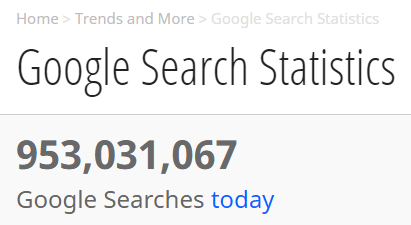Acerca del autor
Daniela Lazovska
Asesora de CX, servicio al cliente y Relationship Marketing, marketing visual, Instagram y Pinterest. ¡Hablemos sobre cómo construir relaciones y mejorar la experiencia del cliente en las redes sociales! ¡No es tan difícil!
E-mail: 007marketing007@gmail.com
Twitter: @Danielal007
Este sitio usa Akismet para reducir el spam. Aprende cómo se procesan los datos de tus comentarios.









Deja un comentario